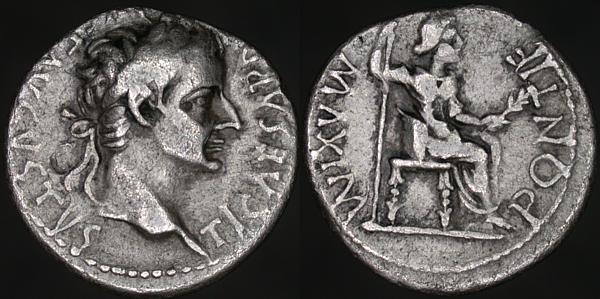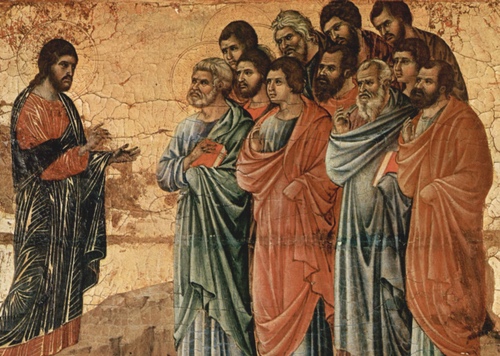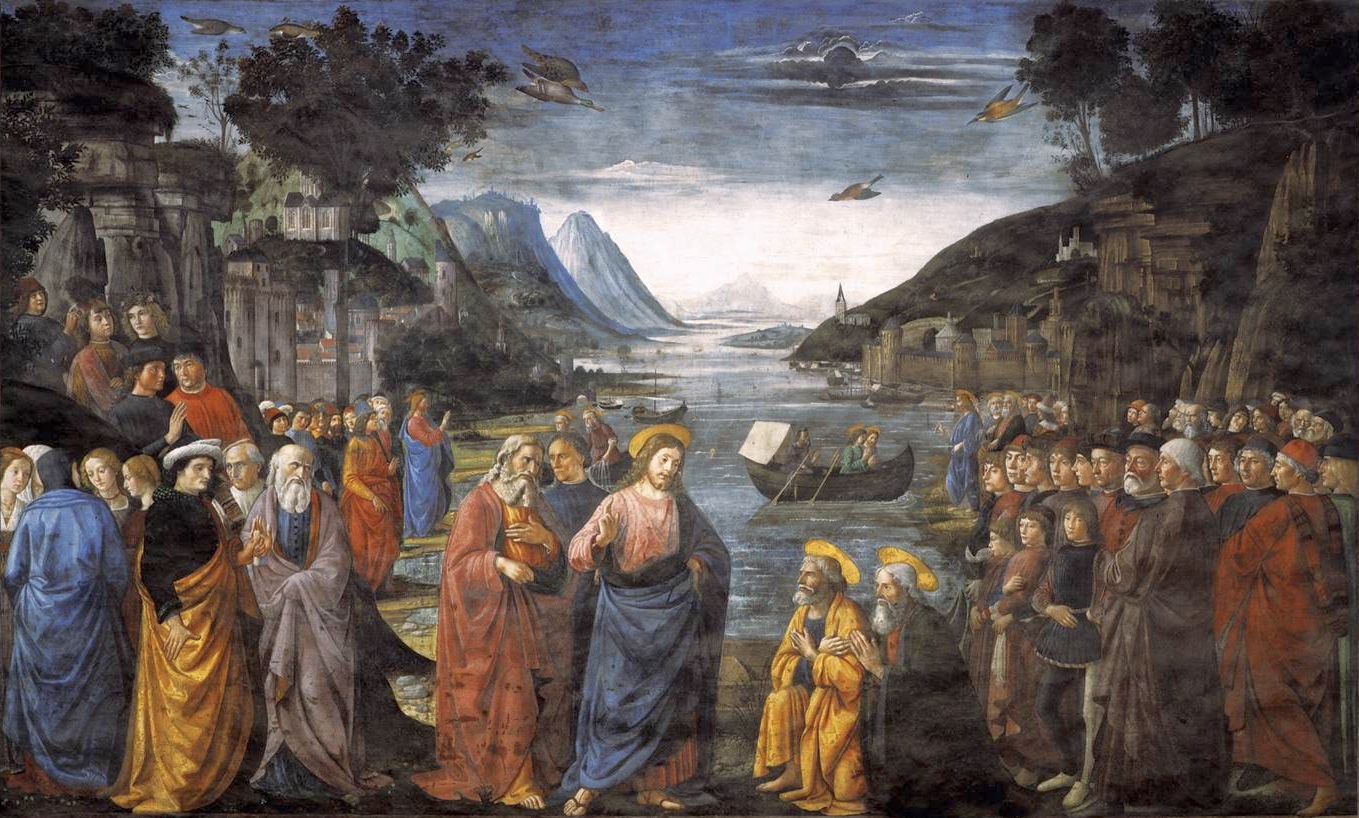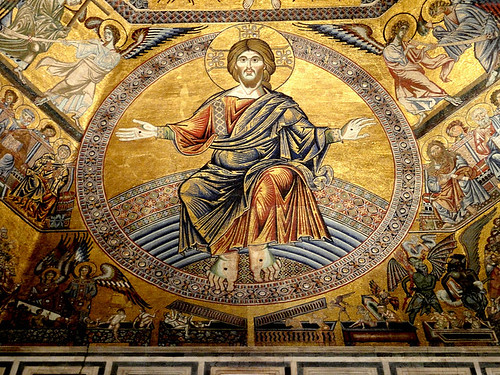 |
| Christ in the House of Simon, Dieric Bouts, 1440s |
Week 6, Day 1, The Gospel according to Matthew, Chapter 26
Christ's anointing by perfume at Bethany is in a weird place in Matthew. It occurs in all four Gospel accounts, but the other three place it earlier in the life of Christ, only Matthew places it in the midst of the last trip to Jerusalem. I think he does that to further show why Judas acted the way he did. Again, Matthew is a master at giving us a person in the story with which to identify. Again, it's never the person I want it to be.
Why this waste
We want to be liked, and we want to fit in to the group. It's in our nature. We also want to impress people we like. In some circles, this can mean being falsely pious. We put on religion like armor from the real world as a way to separate ourselves from the godless. We stand in churches and sing about mercy and then actually have no interest in offering any to anyone. We point out what we think is overspending on behalf of others, without ever taking into account our own judgemental heart.
How much energy have I wasted trying to show how much better I am than other people? How much energy have I wasted trying to look cool or knowledgeable or spiritual? We, like the disciples, pretend to care about the poor while we are around certain people when we actually couldn't care less.
Why this waste
Jesus points out the only person in the room acting authentically is the woman "wasting" perfume. She is acting out of pure love and submission to Christ, while the disciples are still playing the religion game. Jesus doesn't say, "the poor you will always have with you," as a way to justify inaction on their behalf. He says it to point out the inadequacy of the disciples to actually act of the behalf of the poor as long as their attitude is still to please other people.
"If you're really worried about the poor," Jesus is saying, "They are there and they will be there next week long after I am gone." He knows their hearts. He knows they aren't worried about the poor. He knows they are only trying to impress Him. Meanwhile, the woman just weeps and pours out her best because it's all she can do for the Love she has received.
Why this waste
It's the great juxtaposition of Faith. Any action, no matter how noble, done for selfish gain is a waste. Any action, no matter how menial, done out of devotion and love is to be praised.
We need to stop judging people for how they experience love. We need to stop pretending. We need to waste a lot more time, energy, and money in service to Love.

















